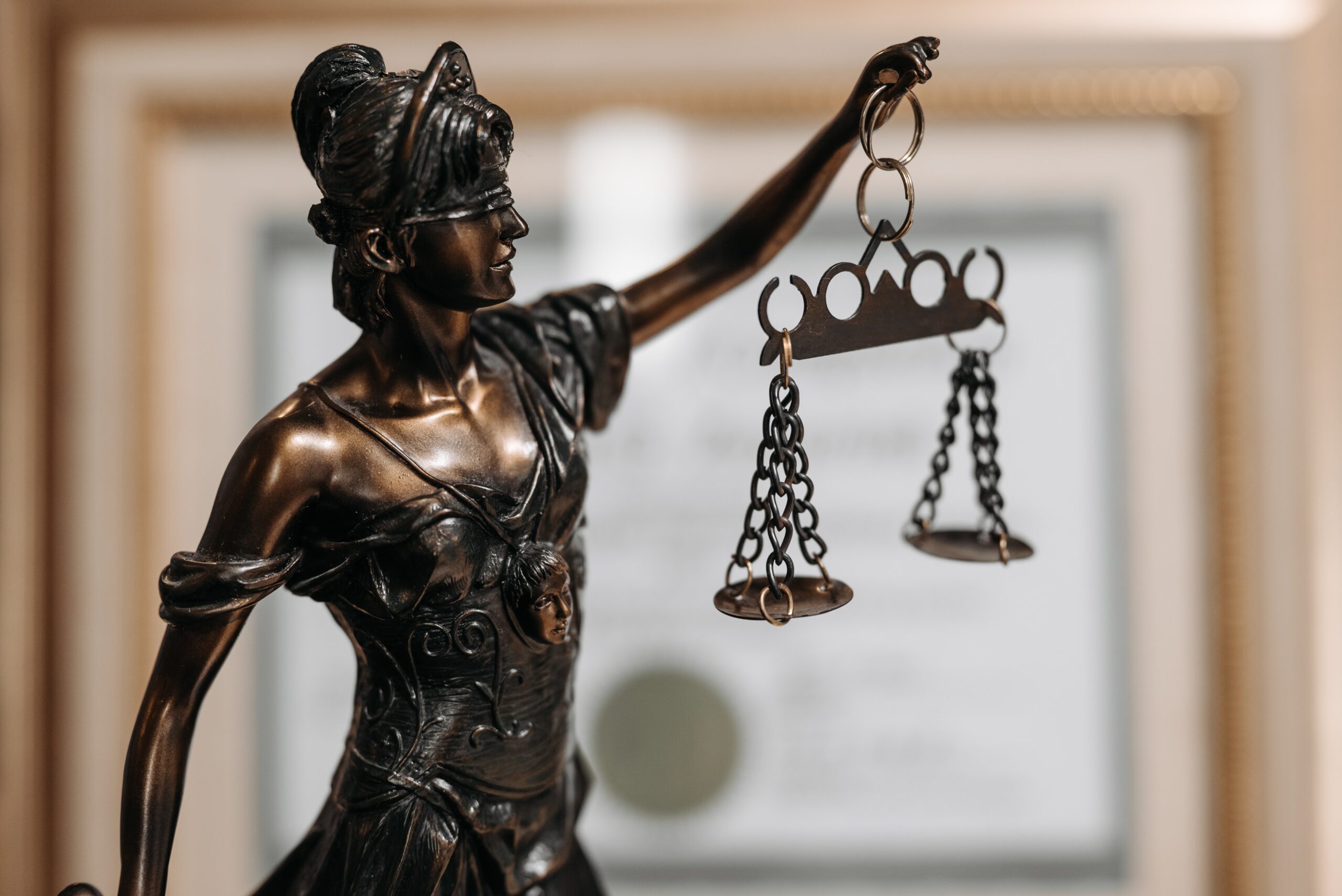Race and Wrongful Conviction
Race and Wrongful Conviction

Innocence Project Co-founder Barry Scheck (left) with John Nolley (right) at Mr. Nolley's hearing on May 17, 2016 in Forth Worth, Texas. (Image: Ron Jenkins)
Nearly 60% of the people that the Innocence Project has helped to free or exonerate since 1992 are Black.
This demographic rate is consistent with research by the National Registry of Exonerations showing that more than half of the 3,300 people who were exonerated between 1989 and 2022 are Black, despite the fact that Black people account for just 13.6% of the U.S. population. Indeed, a 2022 report from the registry found that innocent Black people were seven times more likely to be wrongly convicted of murder than innocent white people. The racial disproportionality in wrongful conviction cases reflects persistent biases in the criminal legal system.
Police investigatory practices such as deception in interrogations, threats to witnesses and the accused, and tainted witness identification are drivers of racial disparities in wrongful convictions. The cases of Black people exonerated from murder convictions are 50% more likely to involve police misconduct than those of white people exonerated from murder convictions. Intentionally suggestive witness identifications occur twice as frequently in the cases of Black and Latinx exonerees as they do in the cases of white exonerees.
Even without intentional misconduct tainting an identification, a cross-racial eyewitness identification is particularly unreliable. People are more likely to misidentify a person of a different race, and white people are particularly bad at recognizing people who are not white. Mistaken cross-racial identifications play a large role in sexual assault cases where Black men convicted of raping white women are six times more likely to be innocent than white men convicted of raping white women.
Pretrial decisions by courts and prosecutors also greatly impact the likelihood of wrongful convictions for Black and brown people. Black and Latinx people accused of crimes are more likely to be detained pretrial, putting their jobs, housing, and families at risk. When prosecutors offer a plea bargain that would allow a person immediate release from pretrial detention, there is a strong incentive for an innocent person to agree to plead guilty and accept responsibility for a crime they didn’t commit. Nearly 25% of those exonerated since 1989 pled guilty, and nearly 75% of this number are Black and brown people.
As a case comes to trial, race-based exclusion can shape the composition of the jury, which affects the likelihood that an innocent person will be convicted. All-white or nearly all-white juries are common in criminal cases around the country. The lack of jury diversity results from courts using unrepresentative lists to summon potential jurors, barriers to juror service that fall disproportionately on people of color, legal standards that allow for the exclusion of jurors based on viewpoints correlated to race, and prosecutors intentionally striking people of color from juries. All-white or nearly all white juries make wrongful convictions more likely because, compared to diverse juries, they spend less time deliberating, are less skilled at accurately assessing the reliability of evidence, and are more likely to apply racial stereotypes in decision-making.
After a conviction, wrongfully convicted Black people can fight for years or decades before being exonerated. The National Registry of Exonerations has found that it takes Black people an average of three years longer than white people to be exonerated in murder cases. Black sexual assault exonerees spent an average of four years longer before being exonerated. Some of this delay is a result of official misconduct that is prevalent in the cases of Black exonerees. In many cases, evidence that should have been provided to the defense before trial remains hidden for decades.
To address the disproportionate and unjust treatment that leads to the wrongful conviction of Black and brown people, the Innocence Project is committed to strengthening police and prosecutorial accountability; ensuring that interrogations are recorded and improving lineup protocols; requiring prosecutors to timely provide crucial evidence to defense counsel and regulate jailhouse informants; sharpening forensic science practices; and more.

Innocence Project Co-founder Barry Scheck (left) with John Nolley (right) at Mr. Nolley's hearing on May 17, 2016 in Forth Worth, Texas. (Image: Ron Jenkins)


